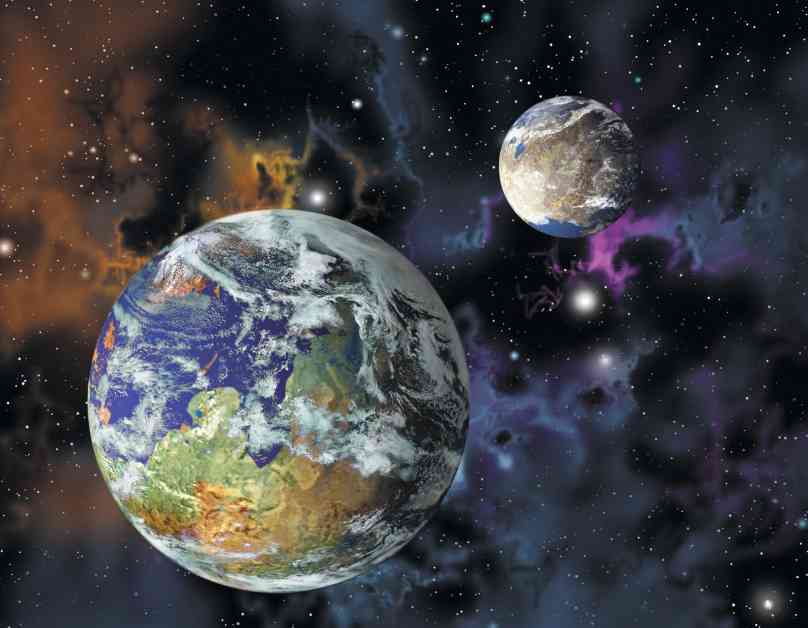In Ursula K. Le Guin’s timeless novel, The Dispossessed, we are introduced to Shevek, a physicist navigating between two contrasting societies. Born and raised in an anarchist collective on the desolate planet Anarres, Shevek finds himself in a capitalist society on the lush planet Urras, where he attends a fancy party and engages in a thought-provoking conversation with a plutocrat.
The heart of the novel lies in Shevek’s quest to develop a General Temporal Theory, which explores the complexities of time in a way that challenges traditional perceptions. The tension between theoretical knowledge and practical applications is a central theme that resonates with readers even fifty years after the novel first won prestigious awards.
Le Guin’s exploration of the scientist’s role in society, especially when caught between conflicting ideologies, remains poignant and relevant. The dichotomy between Anarres, a collectivist society grappling with scarcity, and Urras, a capitalist world of abundance, highlights the challenges Shevek faces as he navigates his scientific pursuits and personal values.
As Shevek grapples with the consequences of his work being viewed as proprietary on Urras, readers are drawn into a profound reflection on the nature of knowledge, power, and revolution. Le Guin’s masterful storytelling delves into the complexities of human behavior, societal structures, and the ethical implications of scientific discovery.
Although written in 1974, The Dispossessed continues to captivate audiences with its timeless themes and thought-provoking narrative. Le Guin’s legacy as a visionary author shines through in her exploration of the interconnectedness of past, present, and future, urging readers to contemplate the impact of individual actions on the broader scope of society.
In a world where the pursuit of knowledge and the quest for freedom often collide, The Dispossessed serves as a poignant reminder of the enduring relevance of utopian ideals and the eternal struggle for justice and equality. As readers embark on Shevek’s journey of self-discovery and transformation, they are confronted with profound questions about the nature of progress, humanity, and the interconnectedness of all beings.




